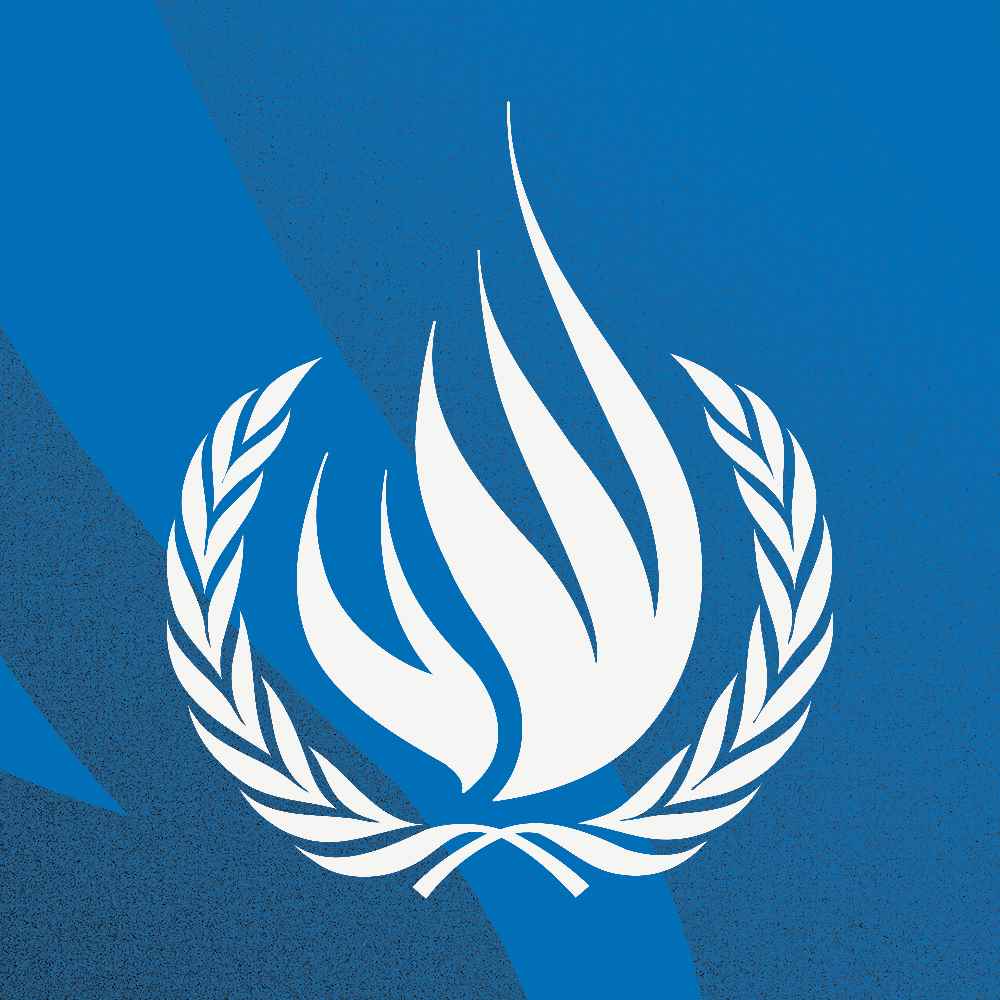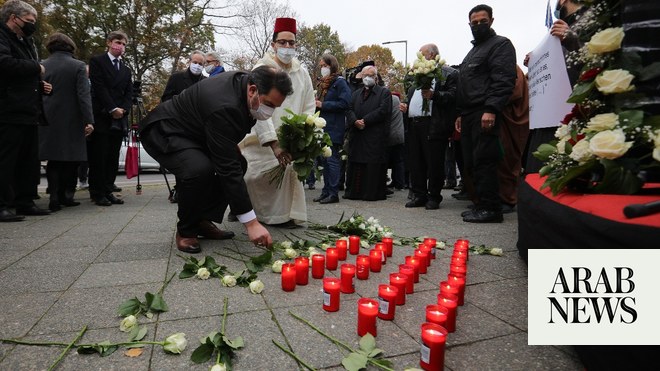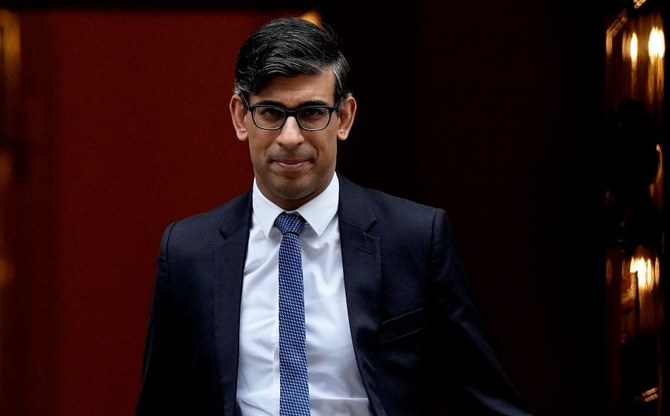
The UK government has failed in its pledge to help those on the frontline of the global fight for human rights during the pandemic, according to a new report.
Amnesty International said health workers, lawyers, journalists and rights activists from around the world who were living under constant threat during the Covid-19 pandemic struggled to get support or funding from British embassies.
The group’s researchers interviewed 82 human rights defenders from seven countries: Egypt, Colombia, Russia, Zimbabwe, the Philippines, Afghanistan and Libya, and 94% said the government had offered them very little help in response to threats or attacks against them.
In its report, the organisation found that only 40% had been in contact with the UK within the past two years; 70% were in contact with embassies of other countries. Additionally, 76% did not know how to contact someone at their closest British embassy and 75% had never received UK funding.
Amnesty director Kate Allen said these individuals were “holding governments to account for their Covid-19 response plans” and “shining a light on the impact of this deadly disease”.
But instead of being “recognised for their bravery, many have been targeted and are experiencing attacks”, she said, and faced “reduced protection and draconian repression disguised as emergency responses”.
Allen added that the UK government had pledged to stand up for those putting their lives at risk to help others, but said “words” needed to be “turned into action”.
In several countries, health workers and journalists who spoke out about Covid-19 during the pandemic were attacked. In Egypt, health workers and human rights defenders who spoke out were charged with spreading “false news”.
One told Amnesty: “We have been victims of a smear campaign that even targeted us personally. The news published false information about me, alleging that because I was meeting a lot of foreigners, I had contracted Covid-19 and I was spreading it.”
As journalists and critics continue to face arrest, Amnesty found that those already in prison were excluded from government measures to release prisoners in response to coronavirus outbreaks.
In Turkey, measures explicitly excluded those in pre-trial detention, and those who are on remand for or have been convicted of offences under Turkey’s anti-terrorism laws. They include political and human rights activists, journalists and academics.
Iranian authorities temporarily released 85,000 prisoners – but excluded many human rights defenders held in poor conditions on politically motivated charges.
In the Philippines, Cristina Palabay, secretary general of rights group Karapatan, said: “Covid has shrunk the space for LGBTQI+ people and community in the Philippines to express their identity.”
The report suggests how the government can prioritise human rights defenders in foreign policy, calling for a strategic approach to better support those under attack and push back against the global trend towards repression.
A Foreign, Commonwealth and Development Office spokesperson said: “From equipping human rights defenders with digital skills to funding essential security training, the UK provides millions of pounds every year backing initiatives which defend democratic values and the rule of law.
“The UK leads calls for stronger protections for human rights defenders with our international partners and has set out clear guidance for NGOs on how our posts can best support them.”











